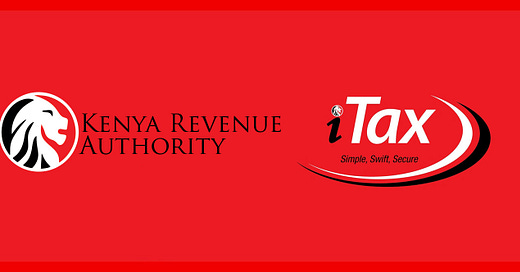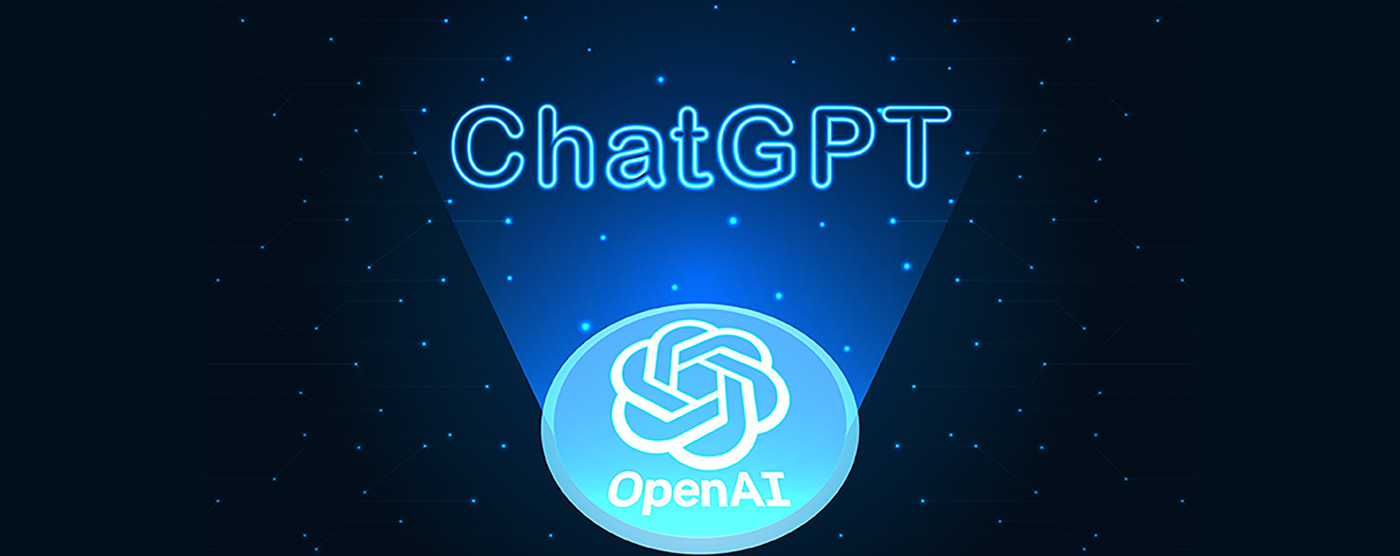Good Morning
Kenya Revenue Authority’s plan to raise an additional Ksh 375 billion for the year
1. KRA plans to track mobile money Transactions
The government proposed that KRA should integrate the tax system with mobile money systems to reduce tax evasion. Integrating the systems is one of the reforms under the revenue administration, as it targets to hit a Ksh 3 trillion tax collection target in the 2023/2024 budget.
According to Central Bank of Kenya data, there were 73.2 million mobile money accounts as of November 2022, with the value of transactions standing at Ksh 639.84 billion.
By the end of 2021, the amount of money transacted on mobile phones was more than half of all the goods and services produced in the economy, or gross domestic product (GDP).
Linking KRA’s system to mobile money will give it visibility of real-time mobile money transactions and a rare peak into individuals’ lifestyles.
The gameplan: KRA is seeking to match data from third parties such as telcos and betting firms, so as to capture the flow of cash against tax remittances and nab individuals evading tax.
KRA already linked its system to betting companies: click to read last week's news on this 2. KRA to conduct a census of landlords’ properties
The taxman plans to conduct a census of rental properties and link its tax system with the digital land registry to identify landlords not paying their full share of taxes.
Landlords with annual rental income of between ksh 288,000 (ksh 24,000 per month) and Ksh15 million (Ksh 1.25 million per month) are required to file a monthly tax return declaring the gross earnings rent from which tax payable is computed at the rate of 10%.
How the “census” will be conducted
KRA plans to purchase a geographical information system (GIS) that will help map all the buildings in the country.
itax will also be integrated with the National Lands Information Management System
Kenya Power meter registrations will also help the taxman identify landlords.
3. KRA staff to wear bodycams
A section of KRA’s staff will start wearing body-worn cameras inorder to crack down on staff bribery, a major cause of duty evasion.
In the past few years some staff have been accused of helping to fraudulently clear cargo and alter tax returns to help people dodge duty payments. This has seen the workers amass multimillion-shilling assets, including real estate and cars that are not consistent with their pay.
who will wear the bodycams? - The staff working in the domestic tax department, customs and border control.
CAPITAL MARKETS
Centum PLC share buyback program has been exempted from the 25% daily volume caps limit
Centum Investment Company Plc received an exemption from the Capital Markets Authority (CMA) allowing them to expand share purchases under its proposed share buyback programme beyond the 25% daily volumes cap.
“The company has been exempted from the limit under the guidelines to purchase no more than 25 percent of the average daily trading volume for the four calendar weeks preceding the date of purchase,” - Centum to its shareholders.
what are the rules on daily volumes cap?
According to the CMA guidelines on share buybacks for listed companies, the volume of shares purchased by a listed company on any single day should not exceed 25% or the limit prescribed by the regulator.
The cap is based on the liquidity of the shares in the market of the average daily trading volume for the four calendar weeks preceding the week of the purchase.
Rationale of the rule
The Rule is designed to prevent insider dealings and maintain liquidity in the stock, among other regulatory objectives.
Benefits of the exemption to Centum PLC
The exemption saves Centum from a prolonged share repurchase programme especially since Centum’s daily traded volumes are mostly below 100,000.
Centum is expected to open its share buyback program on February 6.ECONOMY
SACCOs set to join the National Payment System (NPS)
According to The EastAfrican, Kenyan savings and credit co-operative societies (saccos) are set to join the National Payment System (NPS). This will allow them to clear cheques and begin lending to one another in a bid to lower the cost of credit.
Impact of SACCO’S succesfully joining the National Payment system
The move would negatively impact business for banking institutions, which have relied heavily on saccos for third party business such as issuing of cheque books, processing of personal cheques and trade finance services.
Banks will also face a hit on their loan books as saccos begin lending to each other through the Central Liquidity Facility (CLF), an equivalent of the interbank market.
The EastAfrican reported that the Ruto administration has prioritised admission of saccos into the National Payment System as part of the government’s financial inclusion agenda.
COMPANIES
De La Rue suspended its money printing operations in Kenya
Last week, Banknote printer De La Rue announced that it had suspended its note-printing operations in Kenya.
The company revealed that it did not expect any new orders from Kenya’s central bank for the next 12 months due to low market demand. However it stated that its joint venture with the Kenyan government, through which its operations in the country are conducted, remain active.
De La Rue’s suspension of operations comes just days after the High Court ordered the firm to pay Ksh 1.1 billion (Tax arreas) to the Kenya Revenue Authority.
Background to the tax dispute
In 2017, KRA began conducting an audit on De La Rue. The audit covered operations between 2013 - 2017. KRA's audit covered Corporate Tax, Withholding Tax, Pay As You Earn and VAT.
On 26 Nov 2018, KRA assessed De La Rue on VAT on sale of bank notes to CBK amounting to Ksh 1,219,192,946 (including penalties & interest). De La Rue objected the assessment on 21 December 2018 and on 18 January 2019, an objection decision (unfavorable to De La Rue) was made by the comissioner.
Following the objection decision, De La Rue lodged an appeal at the Tax Appeals Tribunal. De La Rue's argument was that:
It was exempted from VAT by virtue of being an Export Processing Zone company and;
That an Export Processing Zone enterprise is deemed to be outside the customs territory of Kenya & therefore outside the jurisdiction of the Value Added Tax Act of 2013
The Tax Appeals Tribunal dismissed De La Rue’s objection and De La Rue then proceeded to challenge the Tax Appeal Tribunal's decision in the HighCourt.
On 13 January 2023, Justice Mabeya ruled that De La Rue did not table a case that warranted the High Court's interference with the Tax Appeal Tribunal’s decision.
TECHNOLOGY
ChatGPT: Hidden damaging and exploitative human labor in Kenya
Are you a “tech enthusiast”? If you are, then you have probably heard of ChatGPT, a powerful artificial intelligence (AI) chatbot can generate text on almost any topic or theme.
The chatbot went viral and it gained more than 1 million users in the first week. ChatGPT has caught the eye of investors, so much that ChatGPT’s creator, OpenAI, is now reportedly in talks with investors to raise funds at a $29 billion valuation, including a potential $10 billion investment by Microsoft.
What is the damaging and exploitative human labor behind it?
A News article by the Time revealed shocking details about the exploitative and damaging human labor behind the making of ChatGPT. At the centre of controversy is Sama, a San Francisco-based firm that employed workers in Kenya, to label data for ChatGPT.
Summary of the article
ChatGPT needed a safety system to ensure the chatbot did not blurt out remarks or produce content classified as violent and harmful (this includes hatespeech, sexist and racist remarks, obscene photos and videos).
To build the safety system, The company sent tens of thousands of snippets of what is considered ‘harmful’ text to Sama (an outsourcing firm in Kenya) for labeling.
According to TIME, some of those texts described situations in graphic detail like child sexual abuse, bestiality, murder, suicide, torture, self harm, and incest.
Three Sama employees in Kenya told TIME that they were expected to read and label between 150 and 250 passages of text per nine-hour shift. Those snippets could range from around 100 words to well over 1,000.
Shockingly, the employees were paid a take-home wage of between around $1.32 and $2 per hour depending on seniority and performance.
The work’s traumatic nature eventually led Sama to cancel all its work for OpenAI in February 2022, eight months earlier than planned.
Read the full article HERE
WHAT YOU MUST HAVE MISSED
The National Treasury plans to increase Excise Duty
The Excise Duty (Excisable Goods Management System) (Amendment) Regulations, 2023 proposes to raise the stamp fees for cosmetics from 60 cents per stamp to Ksh 2.50 (a margin of 317%) while the stamp fee for fruit juices and non-alcoholic beverages such as sodas will go up by 267% to Sh2.20 from 60 cents.
The cost of a stamp affixed on a beer bottle will double to Ksh 3 from Ksh1.50, while those for spirits, wines and tobacco products are set for a 79% rise to Ksh 5 from the current Ksh 2.80 per stamp.
East African Community plans to set up a central bank of East Africa this year
According to the East African Community (EAC) Secretary, A decision to set up the East African Monetary Institute (The Central Bank of East Africa) will be made this year. This will be a key establishment required in implementing a single currency regime.
Treasury to end KQ bailouts
In the draft 2023 Budget Policy Statement, The government of Kenya plans to develop a financing plan for Kenya Airways that will end the use of taxpayer money to support the operations of the loss-making airline by December 2023.
Steel prices have risen globally
The price of steel and steel-based items used in the construction industry has increased by 30% in the last three months following a fall in global production.
As a result, the cost of construction in Kenya has greatly risen due to the country’s reliance on imports of the raw material, mainly from China and India, and the decreased global production of steel, particularly in China.








